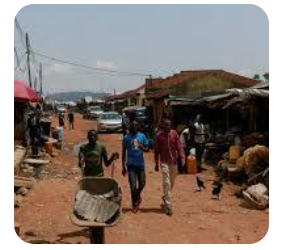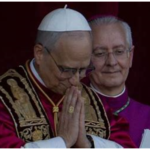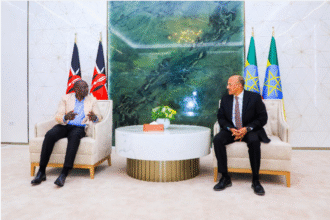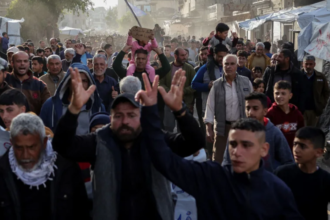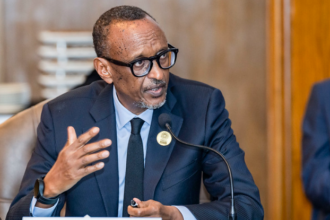By Abu Hassan
ABUJA, Nigeria – A new report from the World Bank paints a stark picture of increasing economic hardship in Nigeria, particularly in rural areas. The April 2025 Poverty and Equity Brief for Nigeria reveals that a staggering 75.5% of rural dwellers now live below the poverty line, highlighting a widening gap between urban and rural living standards.
The report underscores a worrying trend of rising economic inequality and persistent underdevelopment across significant swathes of the country. While 41.3% of Nigeria’s urban population lives in poverty, the situation in rural areas is significantly more dire, exacerbated by economic stagnation, rampant inflation, and escalating insecurity.
According to the World Bank, based on data from the National Bureau of Statistics, 30.9% of Nigerians lived below the international extreme poverty line of $2.15 per person per day in 2018/19, prior to the onset of the COVID-19 pandemic. The report also highlights significant regional disparities. “Nigeria remains spatially unequal,” the report states. “The poverty rate in northern geopolitical zones was 46.5 per cent in 2018/19, compared with 13.5 per cent for southern ones.”
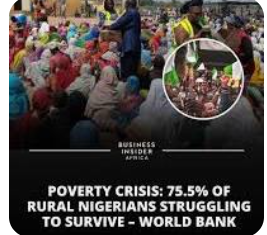
The report further reveals that Nigeria’s “Prosperity Gap,” the measure of how much individual incomes need to increase to reach a prosperity standard of $25 per day, is estimated at 10.2, significantly higher than many comparable nations.
Beyond regional divisions, the report highlights demographic and educational disparities. Children aged 0 to 14 years face a poverty rate of 72.5%. Gender disparities are also evident, with 63.9% of females and 63.1% of males classified as poor at the $3.65 per day lower-middle-income poverty line. Education plays a crucial role in escaping poverty: Nigerians with no formal education face a poverty rate of 79.5%, while those with primary and secondary education experience poverty rates of 61.9% and 50.0% respectively. Only individuals with tertiary education see comparatively lower poverty levels at 25.4%.
The World Bank’s analysis extends beyond income poverty, revealing alarming statistics on multidimensional poverty. Approximately 30.9% of Nigerians survive on less than $2.15 a day, 32.6% lack access to limited-standard drinking water, 45.1% lack limited-standard sanitation, and 39.4% have no access to electricity. Furthermore, 17.6% of adults have not completed primary education, and 9.0% of households have at least one school-aged child who is not enrolled in school.
Despite recent economic reforms aimed at stabilizing the macroeconomy, the World Bank warns that high inflation continues to erode purchasing power and deepen poverty, particularly in urban centers where labor incomes have failed to keep pace with rising prices.
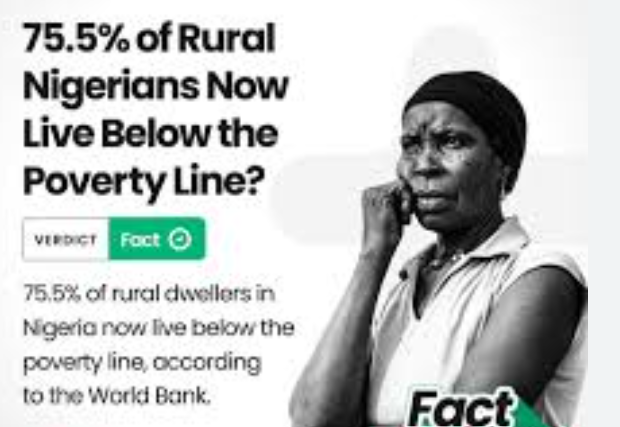
In light of the escalating crisis, the World Bank strongly recommends urgent reforms aimed at protecting vulnerable populations from the detrimental effects of inflation and fostering employment through more productive economic activities. The report underscores the critical need for targeted interventions to address the root causes of poverty and inequality, particularly in rural areas, to ensure a more equitable and sustainable future for all Nigerians.


